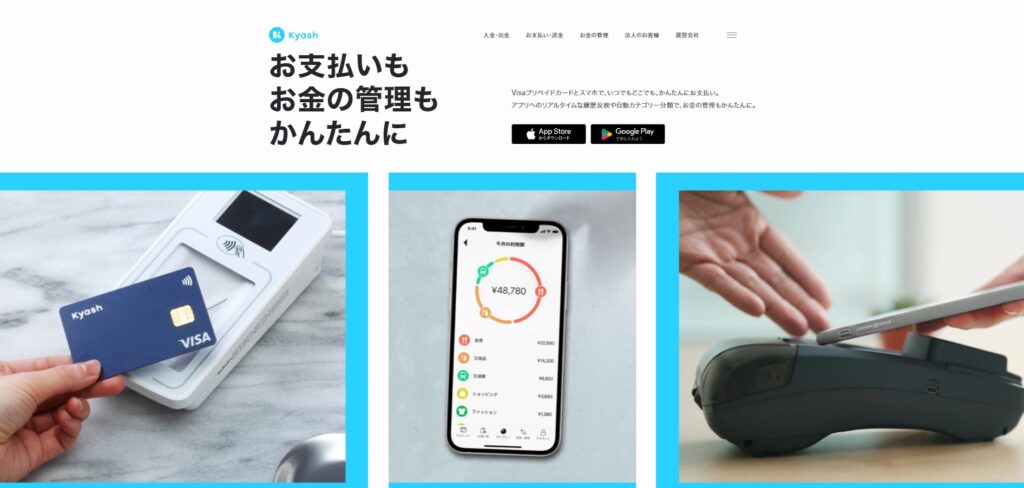「時間単価を考える|無駄なポイント狩りより、大切なことに時間を投資せよ!」
〜前回のつづき〜
●もっと早く貯めたいというのであれば
(1)ポイントサイト経由で買い物をする
(2)デジタルウォレットアプリkyashを使う

チャージ出来るプリペイドアプリなんですが
実店舗でも使えるリアルカードも発行してくれます。
最大1%ポイント還元され
お得にお買い物が出来ます。
気になる方は見てみてください。
クレジットカードで付与されるポイントと
このkyashポイントサイトと
全部うまく組み合わせていく事でポイント還元率が上がります。
● ポイントを貯めるより大事な事
使い方貯め方で色々話してきましたが
ポイントやマイルを貯めるより大事な事は
『時間単価を考える』という癖を付けて欲しいんですよ。
自分はタダじゃないんだと。
細かく言えばもう少しお得な使い方とか
ここで買って
あそこで買って
みたいな事があるんですけど
細かすぎて労力と合わない。
色んなキャンペーンめぐりをしてみても
その辺は細かすぎて労力と合わない。
学生の間は無限の体力が有るじゃないですか。
だからついつい労力でカバーしちゃいますよね。
「寝ずに働いたら大金持ち!」
みたいな。
「ここ頑張っておいたらどうにかなるわ!」
とか。
だからそこですごく労力をかける事が体力があるので出来てしまう。
時間の伸びというか
パワーの無駄使いしちゃうんですけど
自分はタダじゃないんだという感覚を今から身につけておくという事です。
ポイントを取りに行くとか
今までのお話しでも出てきましたけど
・考えるエネルギー
・使い分けのエネルギー
・ポイント管理
・キャンペーンチェック
など得する分以上に時間を浪費しちゃうかもしれないですよね。
ただしクレジットカードというのは使った方がいい。
ある程度本質を捉えて大枠だけ押さえておけばいいということです。
7〜8割ぐらい取れてれば十分という事です。
パレートの法則ですよ。
「パレートの法則とは 「80:20の法則」ともいわれ、「売上げの8割は2割の社員に依存する」といった傾向をさす。 集団の報酬や評価が一部の構成員に集中するという経験則。」
(出典:https://www.nri.com/jp/knowledge/glossary/lst/ha/pareto_princ)
80点を取るのに2割の時間が掛かって
残り20点を取るために8割の時間がかかる。
なのでお得な事を考えていくということをするのであれば
別の大切なことに時間と労力を使ったほうがいいですね。
大学生の間は時間と体力は有るけどお金がない事が多い。
クレジットカードは使った方がお得なんだけど
ポイントやお得さを追い求めて
結局損してるという事が無いようにしてほしいですね。
大きな節約とか固定費の見直しをしたりはいいんですよ。
労力と合うというか
時間単価と合うという考え方ですよね。
学生の人であれば格安SIMに替えるということも
全然時間単価も合うし
これは大人の人にでも当てはまります。
また保険に入ってる人であれば
学生の間から保険がいるかどうか
色んな保険の話を今までもお話ししてきています。
あとは車を見直すとか
・消費
・浪費
・投資
その辺の判断をちゃんとしていく必要がある。
これは今までのお話しの中でも触れてきましたので参考にして下さい。
〜〜〜つづく〜〜〜
Special Thanks college president Ryo.
●おまけ
≪≪Chat-GPTくんによる要約≫≫
要約すると、内容は以下の通りです:
- ポイントを早く貯めたい場合、ポイントサイト経由での買い物やデジタルウォレットアプリ「kyash」の利用が有効。kyashでは最大1%のポイント還元があり、実店舗でも利用できるリアルカードも発行される。
- ポイントを貯めることよりも大切なのは、「時間単価を考える」という癖を身につけること。労力をかけて得られるメリットと、そのメリットに対する時間や労力のコストを考えることが重要。
- クレジットカードの活用はお得だが、ポイント獲得に過度な時間や労力を費やすことは避けるべき。パレートの法則に基づき、大枠を押さえれば十分であり、80点を取るのにかかる労力のうち20点分に相当する時間で済ませることが重要。
- 大学生は時間と体力はあるがお金が不足していることが多く、クレジットカードの利用や節約、保険の見直し、車の見直しなど、時間と労力の投資とリターンを考えた行動が重要である。
≪≪Chat-GPTくんによる英訳≫≫
Continuation from last time:
If you want to save more quickly:
- Shop through point sites.
- Use the digital wallet app kyash. It’s a prepaid app that can also issue physical cards usable in stores.
You can earn up to 1% cashback, making your purchases more rewarding. Check it out if you’re interested. Combining credit card points with kyash points can increase your cashback rate.
More important than just accumulating points:
I’ve talked about various ways to earn and use points, but what’s more important than accumulating points or miles is developing the habit of considering “time cost.”
Realize that your time isn’t free.
There might be slightly more advantageous ways to use your points, like buying here and there, but they might not align with your effort.
Even exploring various campaigns might not be worth the effort.
When you’re a student, you often have boundless energy, so you tend to cover everything with effort. But that can lead to wasting time and energy.
It’s like wasting your power, stretching your time unnecessarily.
The point is to cultivate the sense that your time isn’t free from now on.
Going after points, as mentioned before, might consume more time and energy than it’s worth:
- Thinking energy
- Allocating energy
- Point management
- Checking campaigns
However, using credit cards is recommended. If you grasp the essentials and focus on the big picture, that’s sufficient. It’s like aiming for 7 to 8 out of 10.
It’s the Pareto Principle:
80% of results come from 20% of efforts. So, if you’re going to consider something advantageous, it’s better to invest your time and effort in other important things.
During college, you might have time and energy, but you often lack money. While credit cards can be advantageous, I hope you don’t end up losing out by chasing points and benefits.
Reviewing major savings and fixed expenses is good.
It’s about aligning your effort with your time cost.
For students, switching to a budget SIM card might align well with your time cost, which also applies to adults.
If you’re already insured, consider whether you really need insurance during your student years. I’ve discussed various insurance topics before.
Also, reconsidering your car or evaluating consumption, waste, and investment are crucial judgments. I’ve touched on these topics in previous discussions, so please refer to them.
Special Thanks OpenAI.



